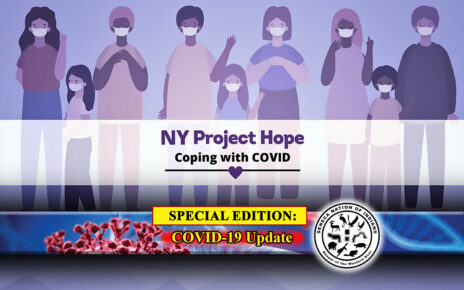Top Things You Need to Know
- New variants of the virus are expected to occur. Taking steps to reduce the spread of infection, including getting a COVID-19 vaccine, are the best way to slow the emergence of new variants.
- Vaccines reduce your risk of severe illness, hospitalization, and death from COVID-19.
- COVID-19 booster doses are recommended for adults ages 18 and older. Teens 16–17 years old who received Pfizer-BioNTech COVID-19 vaccines can get a booster dose if they are at least 6 months post their initial Pfizer-BioNTech vaccination series.
Omicron – B.1.1.529
First identified: South Africa
Spread: May spread more easily than other variants, including Delta.
Severe illness and death: The current severity of illness and death associated with this variant is unclear.
Vaccine: Breakthrough infections in people who are fully vaccinated are expected, but vaccines are effective at preventing severe illness, hospitalizations, and death. Early evidence suggests that fully vaccinated people who become infected with the Omicron variant can spread the virus to others. All FDA-approved or authorized vaccines are expected to be effective against severe illness, hospitalizations, and deaths. The recent emergence of the Omicron variant further emphasizes the importance of vaccination and boosters.
Does it matter which variant of COVID-19 you may have? Short answer is NO.
• Genomic sequencing (detecting and tracking variants) is used to monitor how the COVID-19 virus has changed throughout the pandemic.
• Sequencing results are not typically returned to the patients or healthcare providers since they’re only used for public health surveillance purposes.
• Experts say it’s less imperative for COVID-19 patients to know which variant they have because they would receive the same treatment and recovery protocols.
• At the Seneca Nation Health System, for rapid testing performed on-site, testing samples are not forwarded for sequencing or further testing.




